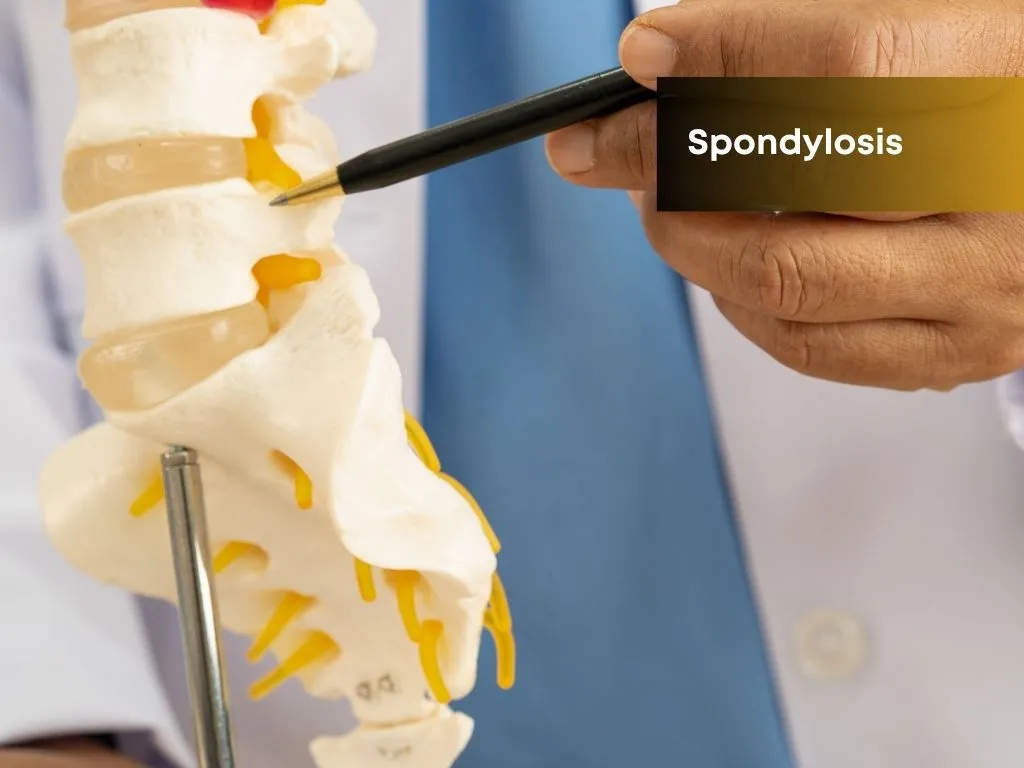Hormone Dificiency
-
 Nalamaree Team
Nalamaree Team
- 23 September 2025
Overview
Hormonal deficiency in men typically refers to a condition where there is an insufficient production or function of hormones that are important for various bodily functions and development. The primary hormones involved in male physiology include Testosterone, Follicle-Stimulating Hormone (FSH), Luteinizing Hormone (LH), and others.
- Testosterone Deficiency
- Follicle-Stimulating Hormone (FSH) and Luteinizing Hormone (LH) Deficiency
- Growth Hormone (GH) Deficiency
- Thyroid Hormone Deficiency
Causes
Hormonal deficiencies in men can have various causes, including:
- Stress
- Poor Diet
- Lack of Exercise
- Substance Abuse
- Environmental Factors
Symptoms
Here are some common symptoms associated with hormonal deficiencies in men:
Treatment: Modern Medicine
Treatment: Traditional Medicine
Caution




















.jpg.webp)
